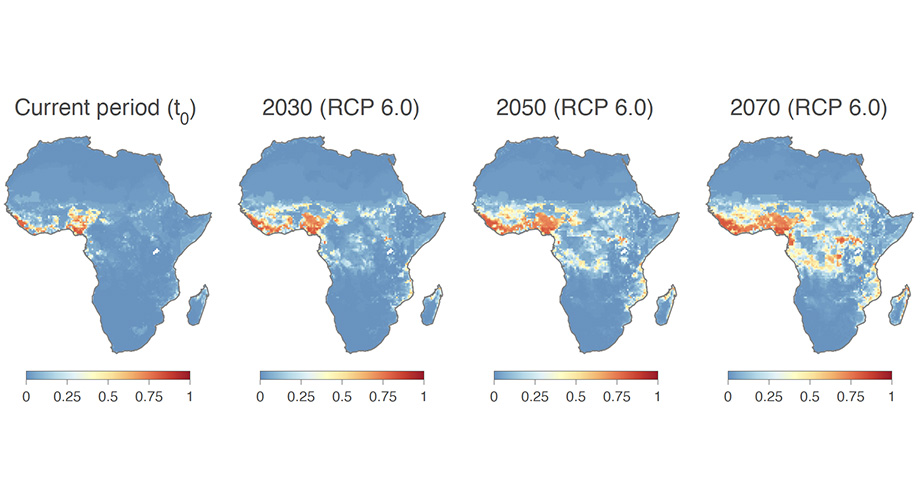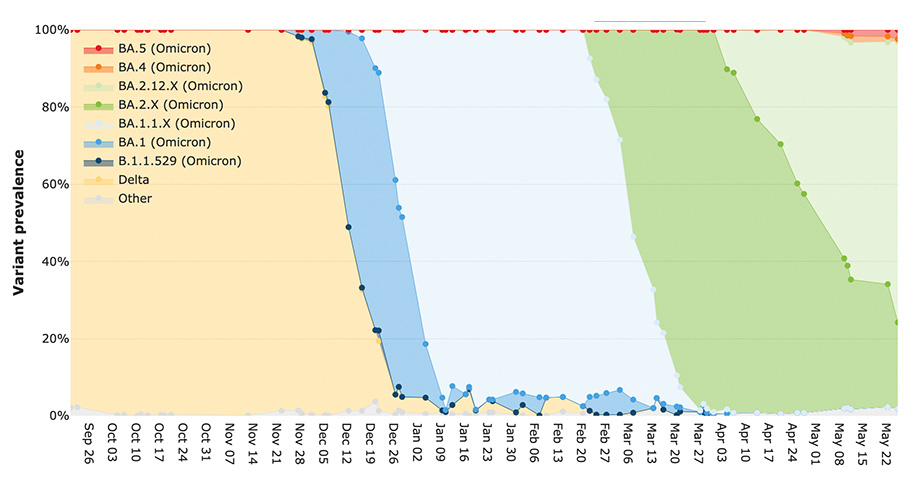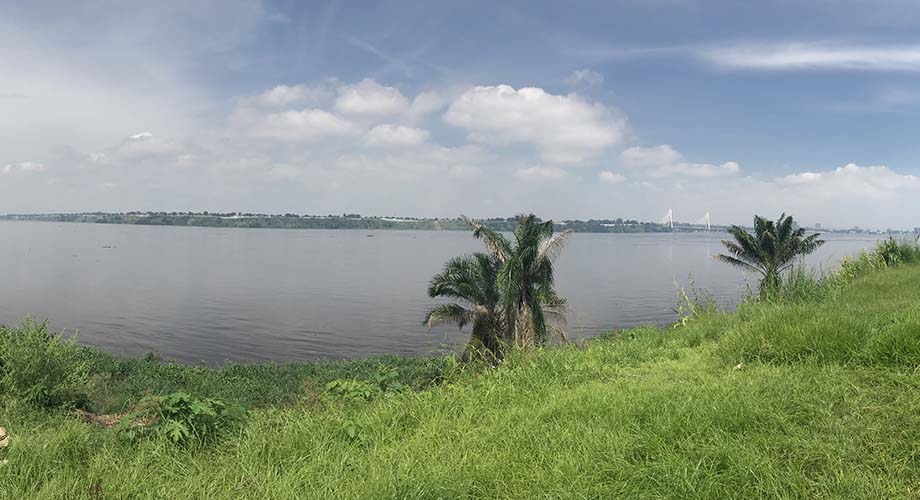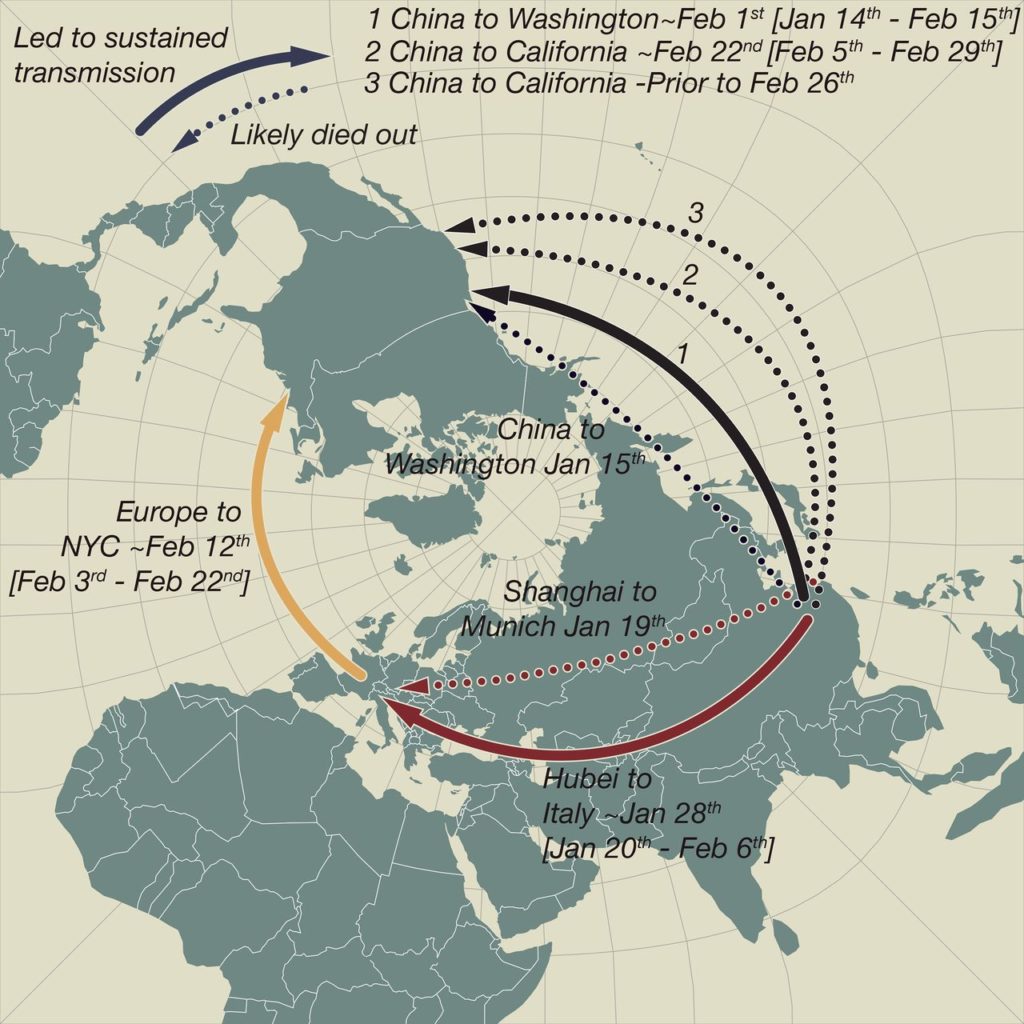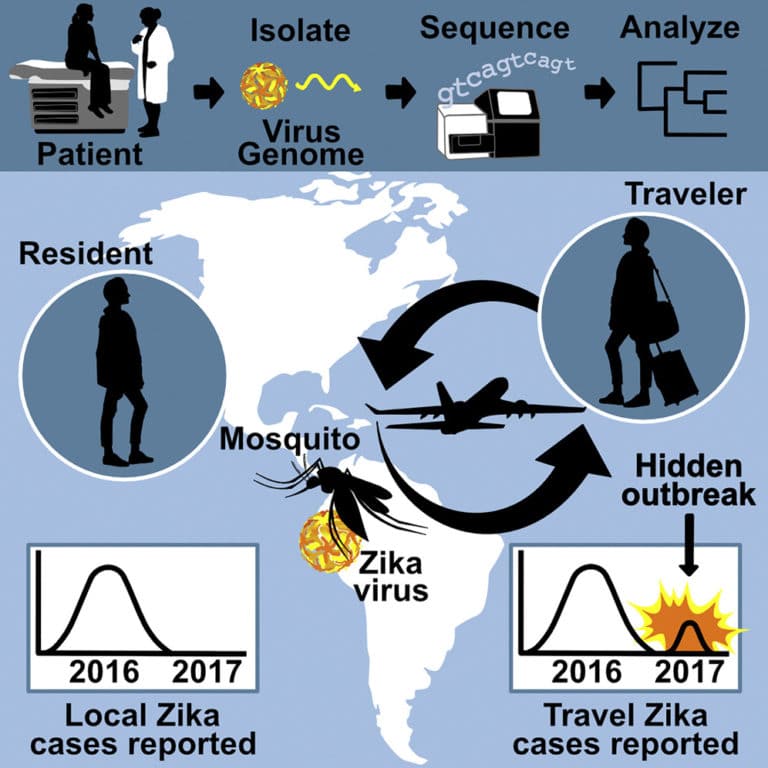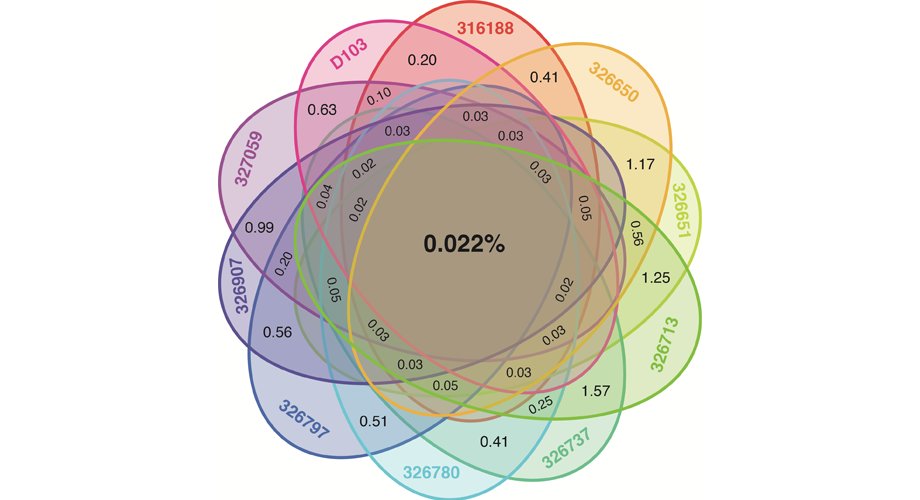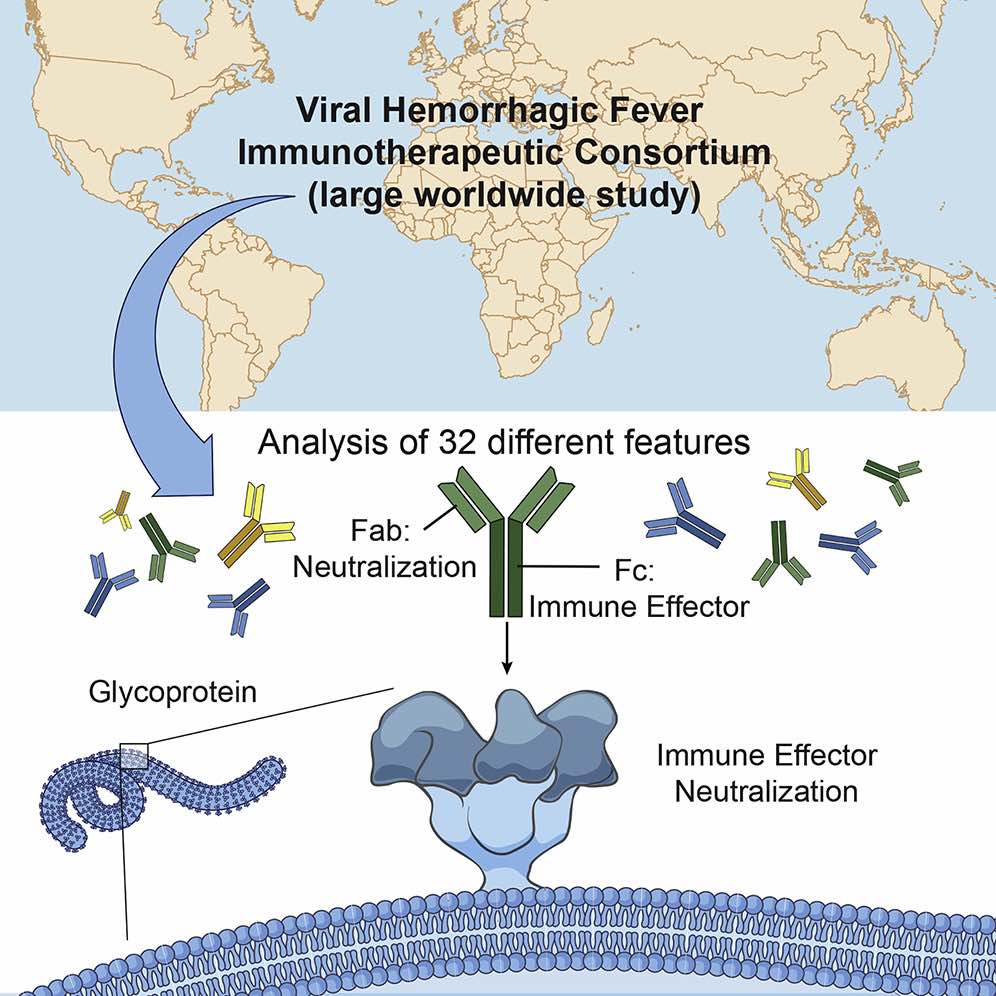Two new papers demonstrate use of Outbreak.info as one-stop online source for COVID data
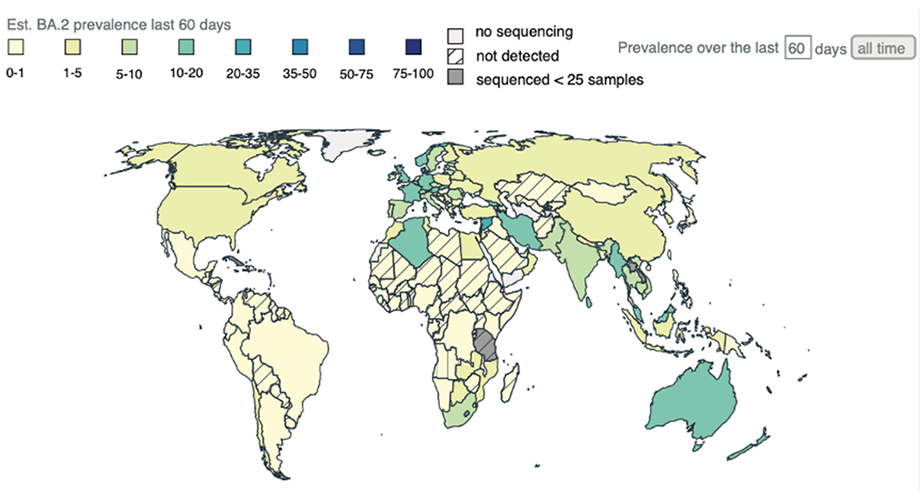


While COVID-19 may be transitioning from a “pandemic” to an “endemic” phase, it remains critically important to continue tracking the virus in real-time. In two new papers published in Nature Methods on Feb. 23, 2023, scientists at Scripps Research demonstrate the use of Outbreak.info as a standardized, searchable source of information on the COVID-19 virus and its many variants. Since the COVID-19 pandemic began,…
Kristian AndersenFebruary 23, 2023
